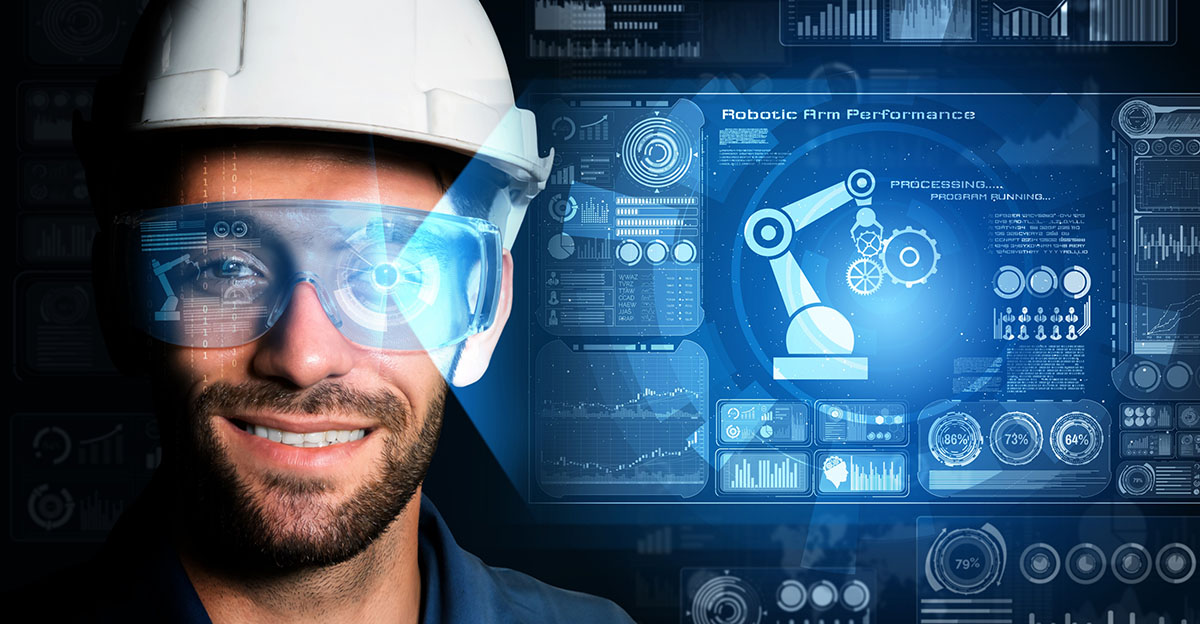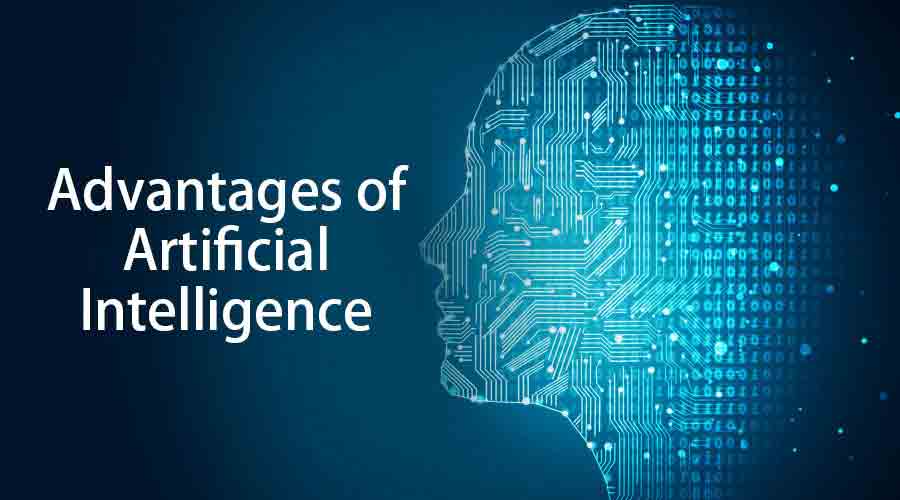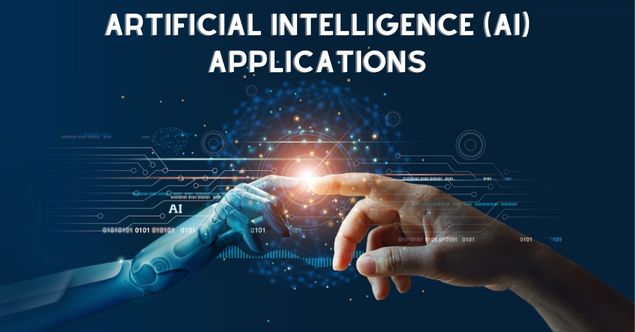Introduction: Artificial Intelligence (AI) has emerged as a transformative force, reshaping industries and pushing the boundaries of what was once thought possible. In the realm of engineering, AI is not just a buzzword; it’s a powerful tool driving innovation and efficiency across various domains. From automating repetitive tasks to solving complex problems, the applications of AI in engineering are vast and ever-expanding. In this article, we’ll delve into the exciting world of engineering applications of artificial intelligence.

Optimizing Design Processes with Generative Design: One of the most fascinating applications of AI in engineering is generative design. Traditionally, engineers would spend hours refining designs manually, iterating through numerous possibilities to find the optimal solution. Enter generative design powered by AI, which revolutionizes the design process. By inputting parameters such as materials, budget constraints, and performance requirements, AI algorithms can explore thousands of design options, identifying the most efficient and innovative solutions. This not only accelerates the design phase but also leads to more sustainable and cost-effective outcomes.

Predictive Maintenance in Manufacturing: AI plays a crucial role in predictive maintenance, a game-changer for manufacturing industries. By leveraging machine learning algorithms, engineers can predict when machinery and equipment are likely to fail, allowing for proactive maintenance and minimizing downtime. This not only extends the lifespan of equipment but also reduces overall maintenance costs. Through the analysis of historical data, real-time sensor information, and environmental factors, AI can provide invaluable insights into the health of machinery, optimizing the production process.

Smart Cities and Infrastructure Management: In the era of urbanization, AI is instrumental in the development of smart cities. From traffic management to energy consumption, AI algorithms analyse massive datasets to optimize resource utilization and enhance the overall efficiency of city infrastructure. For instance, AI-powered traffic control systems dynamically adjust signal timings based on real-time traffic patterns, reducing congestion, and improving the flow of vehicles. Additionally, AI is employed in the monitoring and maintenance of critical infrastructure such as bridges and roads, ensuring public safety.

Environmental Monitoring and Sustainable Practices: Engineers are increasingly turning to AI to address environmental challenges. AI applications in environmental monitoring help analyse vast datasets related to air and water quality, climate patterns, and ecosystem health. By interpreting this information, AI algorithms can assist in identifying trends, predicting environmental changes, and recommending sustainable practices. This not only aids in environmental conservation but also guides engineers in developing eco-friendly solutions for various projects.

Enhancing Cybersecurity in Engineering Systems: With the growing interconnectedness of engineering systems, cybersecurity is a paramount concern. AI is a potent ally in safeguarding critical infrastructure and sensitive data. Machine learning algorithms can detect and respond to potential cyber threats in real-time, learning from patterns and anomalies in data traffic. By constantly evolving and adapting to new threats, AI-powered cybersecurity measures provide a robust defence against cyber-attacks, ensuring the integrity and reliability of engineering systems.

Advantages of Integrating Artificial Intelligence in Engineering Applications:
- Elevated Efficiency and Productivity: AI implementation in engineering systems leads to heightened efficiency and increased productivity.
- Informed Decision-Making with Data Analysis: Engineers benefit from improved decision-making as AI provides insights and analysis of relevant data.
- Enhanced Quality Control and Defect Detection: AI contributes to superior quality control and the early identification of defects in engineering processes.
- Predictive Maintenance for Cost Reduction: The use of AI facilitates predictive maintenance, reducing downtime and minimizing maintenance costs.
- Improved Safety with AI-Powered Risk Assessments: AI aids in conducting risk assessments and identifying hazards, thereby enhancing overall safety measures.
- Swift and Precise Design and Simulation: AI enables faster and more accurate design and simulation processes for engineering systems.
Conclusion: The engineering landscape is undergoing a profound transformation with the integration of artificial intelligence. From streamlining design processes to ensuring the sustainability of infrastructure, AI is a driving force behind innovation. As engineers continue to explore and harness the potential of AI, we can expect even more ground-breaking applications that will shape the future of engineering, making processes more efficient, sustainable, and intelligent. The synergy between human ingenuity and artificial intelligence is creating a new era of possibilities, heralding a revolution in the way we conceive, design, and build the world around us.

FAQs:
Q1. What advantages does AI bring to the field of engineering?
The benefits of incorporating AI in engineering encompass heightened efficiency, improved productivity, cost reduction, superior quality control, and enhanced safety measures.
Q2. What hurdles exist in implementing AI in engineering?
Challenges in using AI in engineering involve issues related to data quality, algorithmic complexity, integration with existing systems, and ethical considerations.
Q3. What skills are essential for working with AI in engineering?
Key skills required for working with AI in engineering comprise proficiency in programming, data analysis, machine learning, and domain expertise.
Q4. What are the potential applications of AI in engineering in the future?
Future applications of AI in engineering encompass advanced robotics, smart cities, personalized medicine, and quantum computing. The continuous evolution of AI is expected to revolutionize the engineering industry in the coming years.
Q5. Is AI replacing the role of engineers?
No, AI is not replacing engineers; rather, it is augmenting their capabilities. AI empowers engineers to address complex problems more efficiently, aiding in decision-making, process optimization, and error reduction.
Q6. What ethical considerations surround the use of AI in engineering?
Ethical concerns related to AI in engineering include issues of data privacy, algorithmic bias, and potential impacts on employment. Engineers must prioritize responsible and ethical use of AI technologies.

